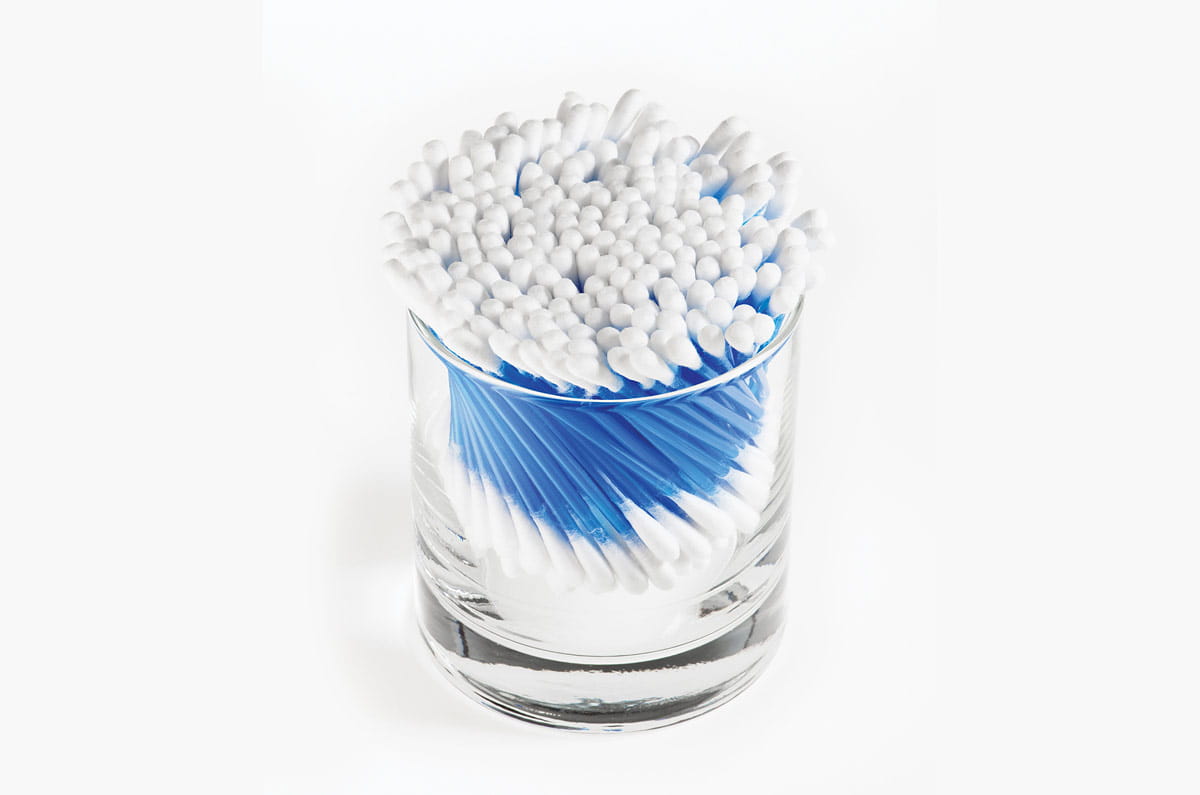Why Cotton Swabs Aren't the Best Way to Clean Your Ears
January 02, 2018
 University Hospitals Rainbow Babies & Children'sExperts in Children's Health
University Hospitals Rainbow Babies & Children'sExperts in Children's Health

As a child, you were probably told to clean inside your ears. But one common cleaning method – scrubbing inside the ear with a cotton swab – could be doing more harm than good.
Child Ear Injuries By the Numbers
A recent study looked at emergency room and doctor’s office visits to treat ear injuries related to cotton swabs among children between 1990 and 2010. During that time, there were more than 263,000 of these injuries – about 12,540 every year.
Younger children were injured more often – 67 percent of all patients were younger than age 8. About 40 percent were age 3 or younger. Most of the injuries occurred while people were using a cotton swab to clean inside their own ears. Injuries included bleeding, ear pain, hearing loss and dizziness.
Control Earwax Without Swabs

Earwax is perfectly natural. In general, the inside of your ears do not need to be cleaned unless earwax starts building up near the outside of the ear, which you can clean with a damp washcloth, says pediatric otolaryngologist Jay Shah, MD. At that point, a damp cloth.
Using a cotton swab to clean inside the ear can lead to impacted earwax, which can cause:
- Hearing loss
- Ringing in the ears
- Itching
- Pain
- Rarely, trauma to the eardrum
“If you’re worried about earwax building up inside the ear, try other options, such as earwax removal drops or baby oil, which can be performed at home," Dr. Shah says.
"Never use cotton swabs to clean the ears. Please leave it to a health professional to clean earwax if needed,” Dr. Shah says.
Have a question?
Call our pediatric advice line 24/7 at 216-815-0059 to get an answer from one of our pediatric experts.


